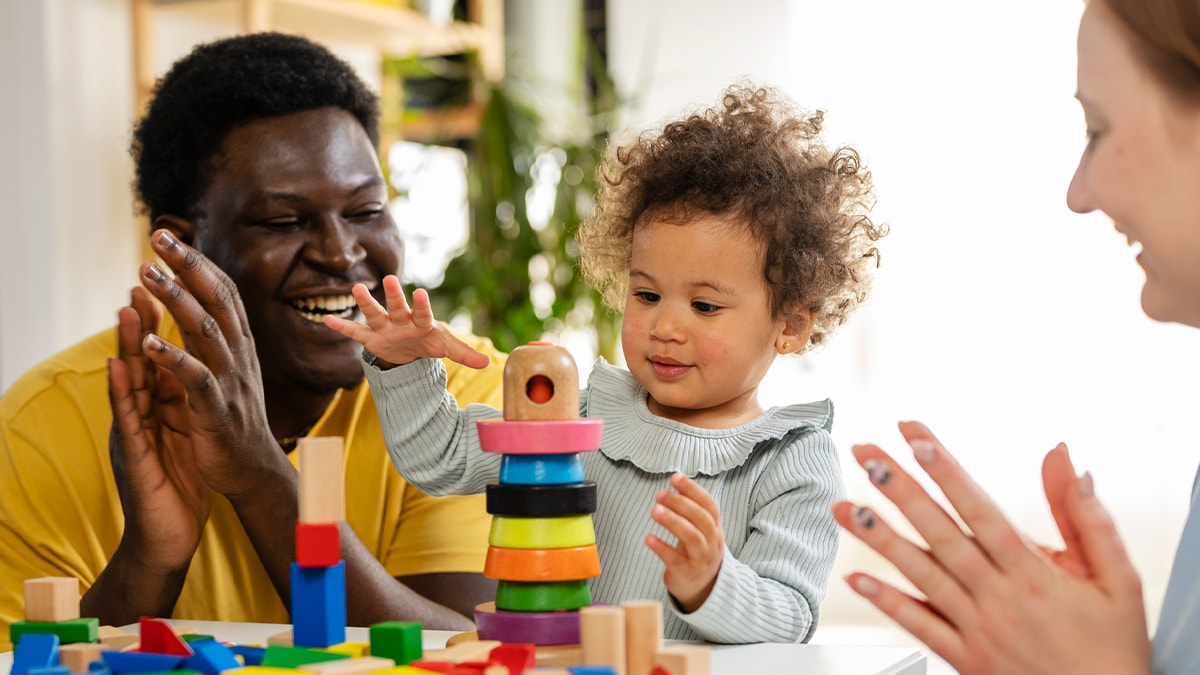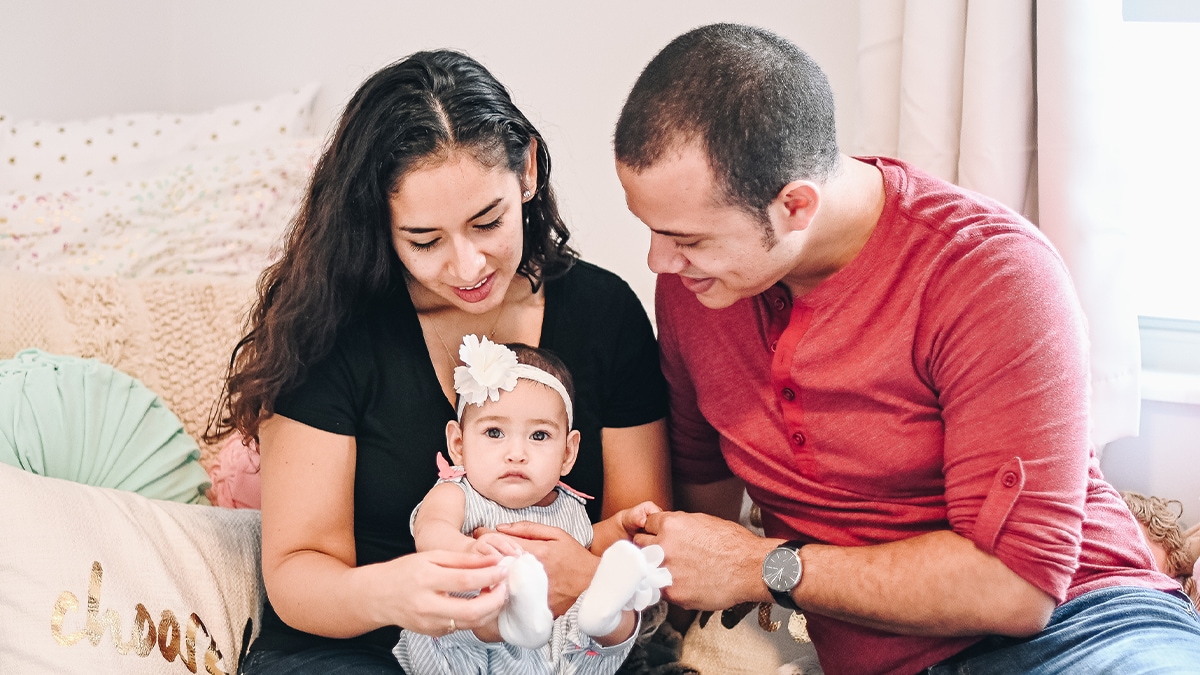At a glance
- Part C is a program for children who have or are at risk for a developmental delay. Families can apply for Part C through a state agency.
- The Individual Family Service Plan is an important part of the Part C program. It outlines all of the services, programs, and equipment that a family will need for their child.

Part C program
After hearing about all these options and intervention services, you may be confused. You may be wondering "How do I make these plans and contact these people?"
One way to put all the intervention services together is through a program in your state called the Part C program. This is a program for children—birth to 3 years of age—who have a developmental delay or are at risk for one. The Part C program is funded by the federal government, as part of the Individuals with Disability Act, (also called IDEA).
You sign up for the Part C program by applying through an agency of the state where you live. The agency is different in each state. In many states, children with hearing loss will qualify for the Part C program. Please ask your team of professionals for more information on the Part C program in your state.
If your child qualifies, the Part C program provides many services to your child and family. Professionals that work with the Part C program
- Look at the needs of your child and family.
- Create an Individual Family Service Plan (IFSP).
Each family and child who uses this program is assigned a service coordinator. He or she will help the family put all the services together and help make or design an individual plan that makes the most of the child's unique strengths and works with the child's needs.
Don't wait. Reach out to your Part C program.
Individual family service plan
An important part of the Part C program is the Individual Family Service Plan (IFSP). The family and the service coordinator together with the professionals who were involved in the multidisciplinary assessment meet to design the IFSP. This plan outlines all of the services, programs, and equipment that a family will need for their child. This plan will also outline how the family will receive these services and equipment.

Services and equipment may include
- Ongoing testing
- Hearing aids, assistive listening devices, and cochlear implants
- Special instruction for communication
- School readiness
- Family support services
Even resources such as transportation and childcare can be discussed and sometimes arranged.
This plan is family focused. The strengths and needs of the child and the concerns, resources and priorities of the family are important when making this plan. The plan is individualized. No two families will have the exact same IFSP. It is very important that the family works closely with the service coordinator and others to learn as much as possible about the intervention services in order to get the most out of their IFSP process.
Once the IFSP is done, the services and equipment that are written into the plan will begin, if they have not already done so. As time goes on, the parents, the service coordinator and other professionals will look at the IFSP to be sure that the child is getting the services needed. The IFSP will change as the child grows and his or her needs change. The service coordinator will meet with the family at least every 6 months to look at the IFSP and make necessary changes. A family can also ask for a reevaluation of the plan at any time to discuss their child's progress and changes that they feel are needed.
